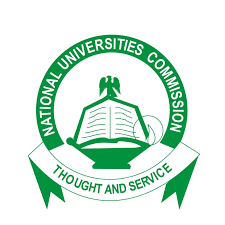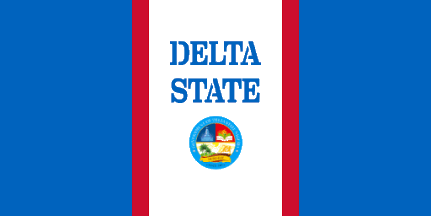The National Universities Commission (NUC) has announced plans to introduce 12 new academic programmes into Nigerian universities as part of ongoing efforts to modernize the country’s higher education system and equip students with relevant 21st-century skills. These new courses are designed to promote employability, innovation, and self-reliance among graduates, addressing gaps identified during a previous curriculum review.
According to Nigerian Tribune, the 12 new programmes were either overlooked or still in development when the NUC rolled out its Core Curriculum and Minimum Academic Standards (CCMAS) for universities. The new additions include Artificial Intelligence, Classical Christian Education, Community Health Science, Cooperative Economics and Management Studies, Doctor of Medical Laboratory Science, Geomatics Engineering, Intelligence and Security Studies, Parasitology and Entomology, Sports Management, Telecommunication Science, Water Sanitation and Hygiene, and Islamic Economics and Finance.
A panel has been constituted to refine the structure of these programmes and ensure they are properly integrated into the CCMAS for their respective disciplines. The panel will also carry out necessary stakeholder validations.
Speaking on the development, NUC Executive Secretary, Professor Abdullahi Yusufu Ribadu, explained that the new programmes were selected following a comprehensive analysis of proposals from universities and professional bodies. He noted that the review exercise, which lasted over two years, aimed to assess the viability and marketability of proposed courses in response to changing global demands. Ribadu stressed that the NUC, empowered by Section 10(1) of the Education (National Minimum Standards and Establishment of Institutions) Act, Cap. E3, Laws of the Federation, 2004, is committed to setting academic benchmarks and accrediting degree programmes across all universities in the country.
He emphasized the need for a curriculum that not only provides knowledge but also fosters critical thinking, adaptability, and innovation. He urged the curriculum reviewers to contribute meaningful insights and suggestions that could improve the programme content, reminding them of the importance of aligning local content with international standards.
Acting Director of Academic Planning at the NUC, Mal. Abubakar Girei, who oversaw the review process, said the goal is to enhance the quality of university education and boost the global competitiveness of Nigerian graduates. He explained that each review panel is supported by two NUC representatives to ensure adherence to academic planning guidelines, and that resource persons were carefully chosen from across Nigeria’s six geopolitical zones to represent various fields.
Girei added that the draft curriculum produced will be further reviewed before receiving final approval from the NUC management and the Federal Executive Council (FEC). As in previous exercises, 70 percent of the curriculum will be standardized by the NUC, while the remaining 30 percent will be tailored by individual universities to reflect institutional strengths and regional relevance.





